BYD overtakes Tesla as world’s leading electric car maker
In a watershed moment for the industry, a cut-price EV brand has become the world’s biggest producer of electric vehicles.
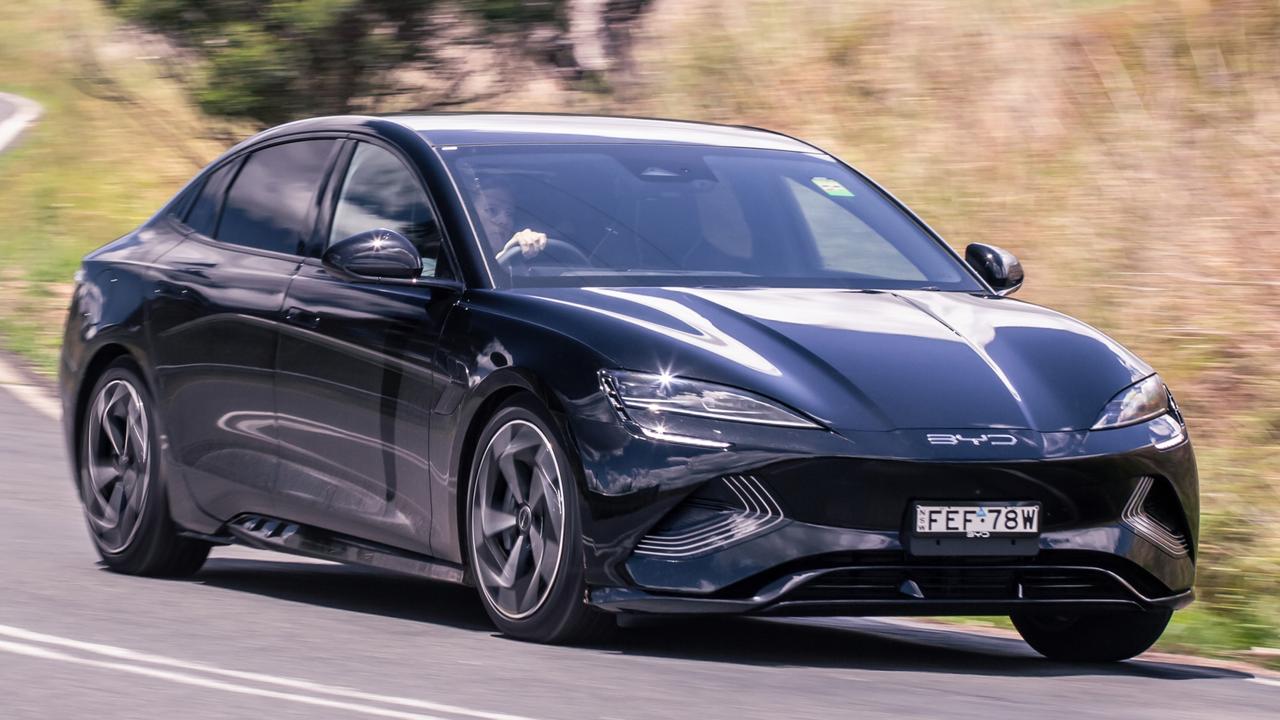
Chinese car maker BYD has overtaken Tesla as the world’s number one electric vehicle company.
The brand reportedly sold more EVs than Tesla in the fourth quarter of last year, although the American brand was number one for the year.
BYD reportedly sold 526,409 electric vehicles in the fourth quarter, compared with 484,507 Teslas.
The Chinese company also produced more EVs in the fourth quarter.
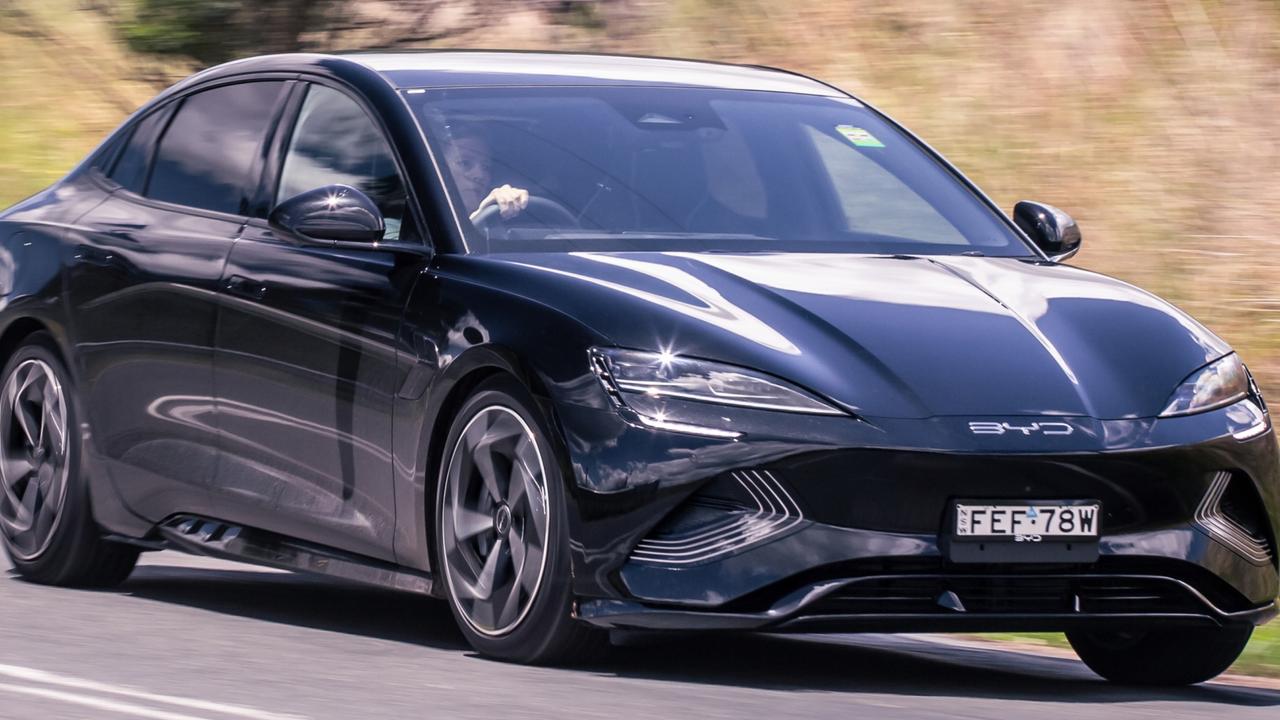
Tesla retained its title as world’s number one EV seller in 2023, with 1.8 million customers (up 38 per cent) compared with 1.6 million (up 73 per cent) for BYD.
However, BYD also sold more than 400,000 plug-in hybrids and 3 million vehicles overall.
The result will send shockwaves through the car industry, as the established brands are struggling to compete with the Chinese in the rapidly emerging electric vehicle market.
In Australia, where EV sales have almost tripled this year, Tesla and BYD make up close to 70 per cent of the EV market.
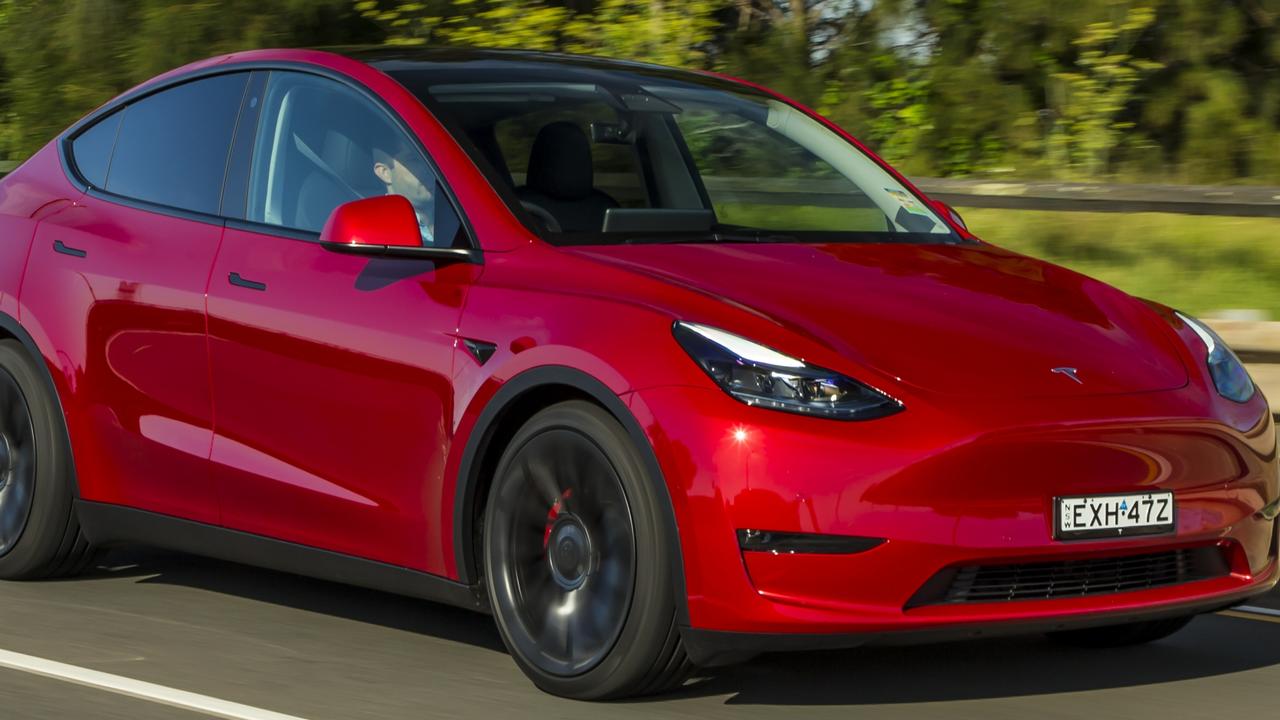
Legacy carmakers appear unable to compete with the two brands on price, as their cost bases are too high.
In a recent report, Investment bank UBS says the Chinese will lead the electric vehicle revolution at the expense of the established brands.
“We believe BYD and other leading Chinese are set to dominate the world market with hi-tech, low-cost EVs for the masses, hereby accelerating worldwide EV adoption,” the report says.
UBS says that at the same time, legacy car makers are making the transition to EVs “at a moderate rate”.
In Australia, market leader Toyota is yet to release its first EV, while other leading brands such as Mazda and Volkswagen also have nothing in their showrooms.
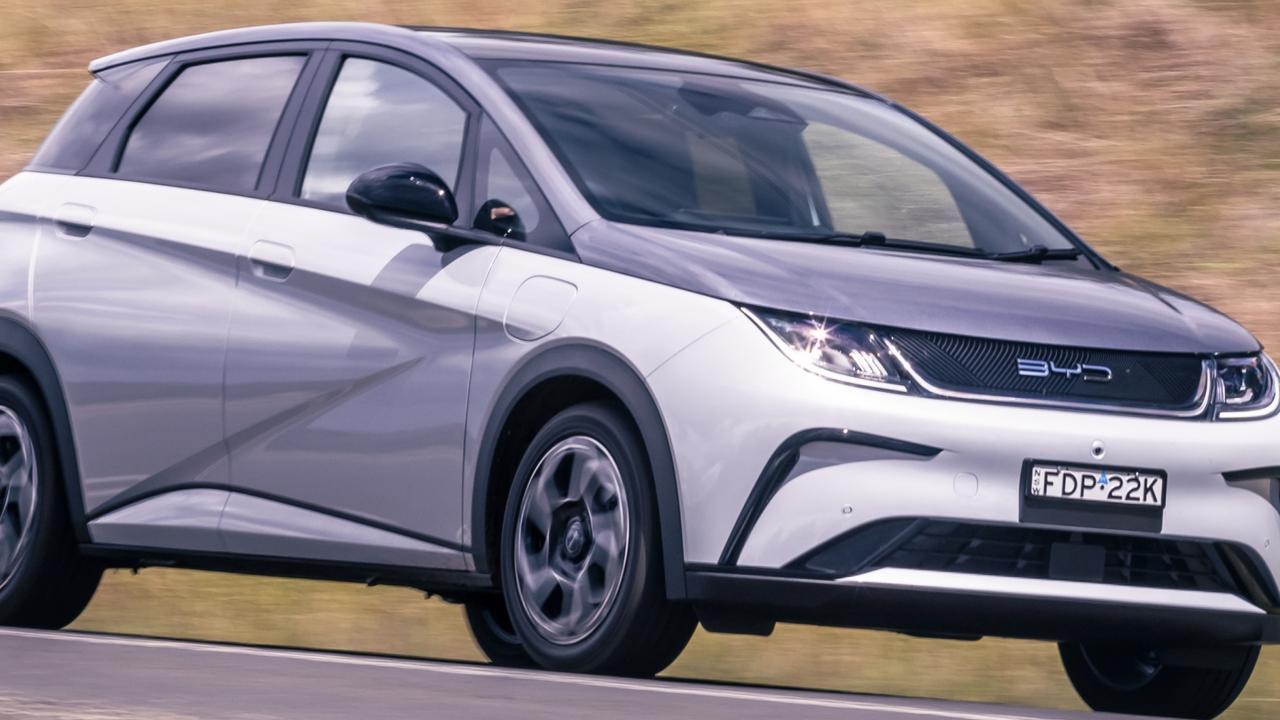
UBS estimates that Chinese EV brands have a 25 per cent cost advantage over Western car makers, giving them the potential to disrupt them “on their home turf”.
The bank says European car makers are likely to be hardest hit by the emerging Chinese industry, as its regulators have the most aggressive targets for EV adoption, and the industry is struggling to keep up with the pace of change.
Things are likely to get even worse in the coming years, as leading Chinese consumer electronics companies turn their focus to electric vehicles.
Earlier this week Xiaomi unveiled a new sedan to take on the Model 3. The company’s founder, Lei Jun, says it intends to become one of the top five global carmakers within 15 to 20 years.
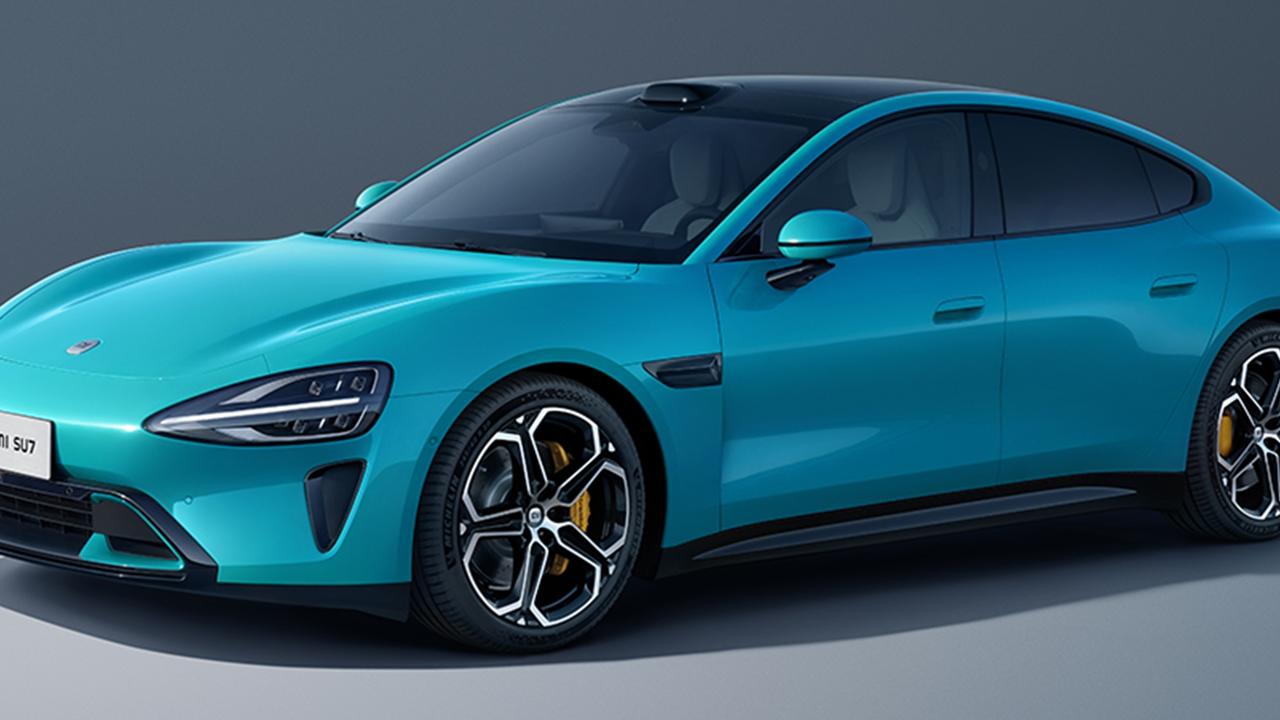
He says Xiaomi EV “will completely redefine the automotive industry”.
The Xiaomi announcement follows the news earlier this year that Huawei has teamed up with Chinese carmaker Chery to develop an electric sedan.
The developments might be bad news for the established players in the global car industry, but it’s good news for Australian EV buyers, who have been treated to a flood of reasonably priced EVs in the past year.
BYD has launched two new EVs in the past quarter, while MG and Great Wall Motors have also introduced electric hatchbacks priced from about $40,000.






